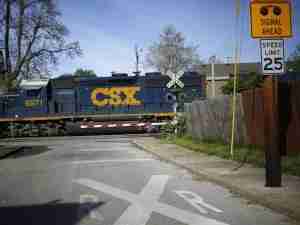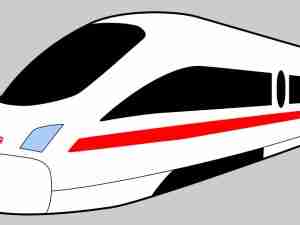"We've witnessed a decade of stonewalling by the rail industry, whose profits have never been higher," said Edward Wytkind, President of the Transportation Trades Department, AFL-CIO (TTD), who condemned the railroads for blocking all attempts to pass a rail safety reauthorization bill. "Congress is now poised to demand more accountability from an industry that is far more interested in its wealth than the well-being of its workers or the public."
Convening at TTD's biannual Executive Committee meeting, transportation union leaders approved a comprehensive agenda for rail safety reauthorization:
- Training for new hires and existing employees must be the foundation of any federal safety program. The Federal Railroad Administration should have a rule on minimum training standards that requires mandatory classroom and on-the-job training.
- Strong "whistleblower" protections for rail workers are needed to stop employers from harassing and intimidating employees who speak out about safety or security risks.
- Congress must prohibit "dark territory," or non-signaled track on our rail network. A misaligned switch on non-signaled track was the cause of the deadly wreck in Graniteville, SC that caused a chlorine gas tanker to puncture and resulted in nine deaths. Signal systems are relatively low-tech, affordable, and would save lives.
- More freight is being moved with fewer employees than at any time in history, and chronic fatigue is a contributing factor in many accidents. Congress must address the issue of fatigue by strengthening hours of service rules, eliminating the four-hour "emergency" provision that allows carriers to demand work beyond rule requirements, and barring so-called "limbo time" when workers are on the clock but outside the reach of hours of service rules.
- Technological advances do not justify single-person locomotive crews. Congress must bar the use of single-person crews to protect employees, local emergency responders and the general public.
- Congress must provide the resources for and mandate hiring 400 additional FRA inspectors. Every FRA inspector is responsible for more than 500 miles of track ' an area equivalent to Amtrak's entire Northeast Corridor. Congress must monitor attempts by the rail industry to outsource safety inspections to Mexico.







